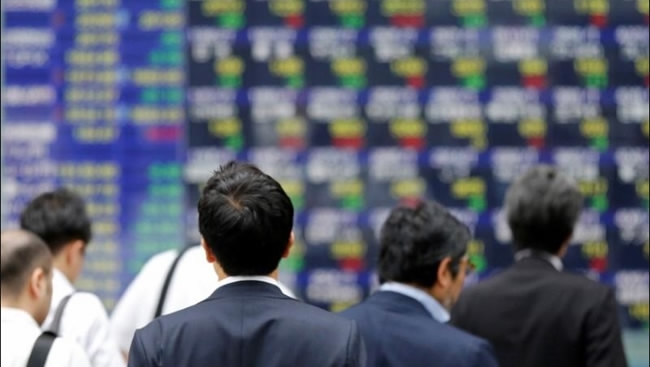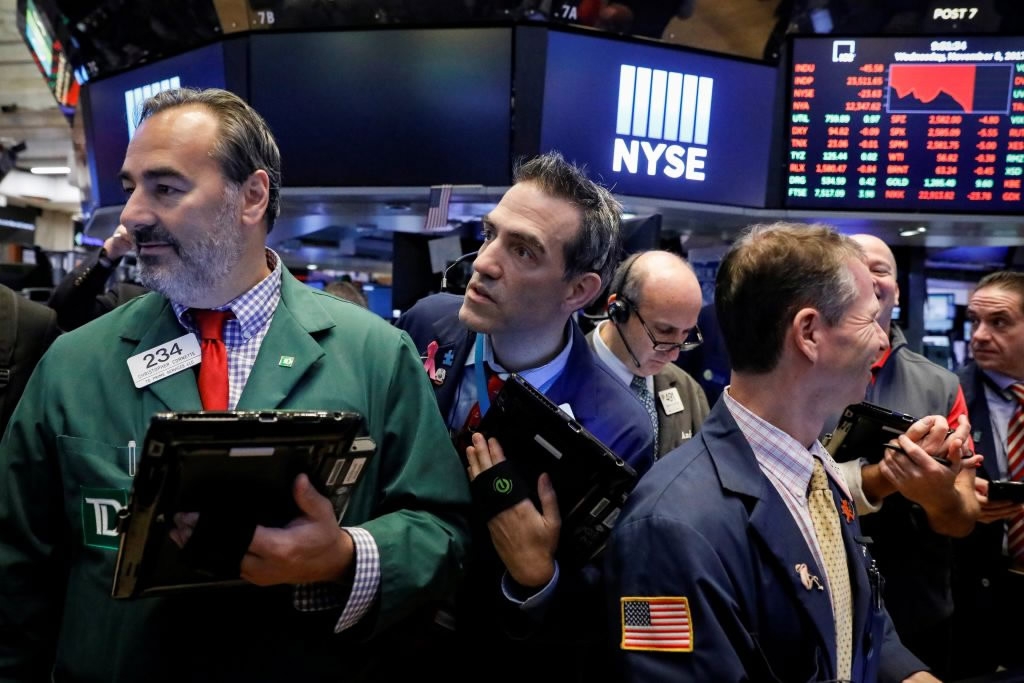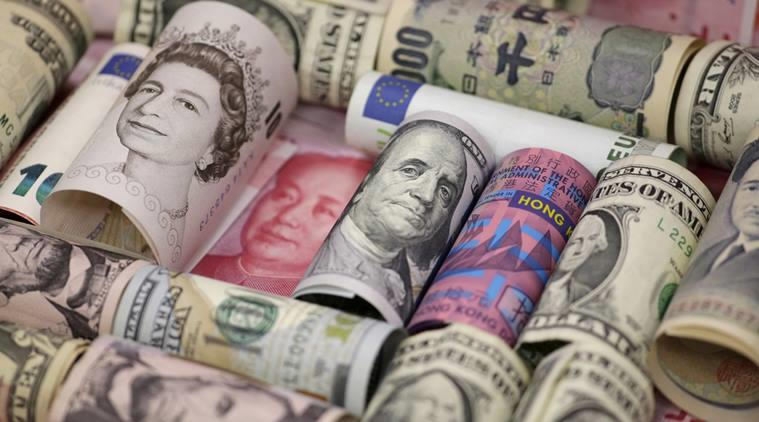
Business
16:55, 20-Nov-2017
Asia stocks wilt as China weakness dims mood, euro skids
CGTN

Asian shares pulled back on Monday, with investor sentiment hurt by a retreat on Wall Street and a slide in Chinese stocks, while the euro skidded after German coalition talks hit an impasse.
Spreadbetters predicted the gloom would spread to European openings, with Germany's DAX and France's CAC each seen down 0.5 percent and Britain's FTSE expected to fall 0.1 percent.
MSCI’s broadest index of Asia-Pacific shares outside Japan was off its session lows but still down 0.1 percent.
“It’s year-end season, so people have more incentive to take profits,” said Kyoya Okazawa, Hong Kong-based head of institutional clients, APAC at BNP Paribas Securities.

VCG Photo
VCG Photo
China stocks clawed their way off session lows but were still down, after Beijing set sweeping new guidelines to regulate asset management products. Analysts said that could dampen investor appetite for riskier assets.
The Shanghai Composite index was down 0.5 percent, while China's blue-chip CSI300 Index fell 0.2 percent.
“The new guideline is not the last shoe to drop, or the last piece of bad news,” said Li Huiyong, an economist at Shenwan Hongyuan Securities. “The era of tough financial supervision has just begun.”
On Friday, the Dow Jones Industrial Average shed 0.4 percent, the S&P 500 lost 0.3 percent and the Nasdaq Composite was down 0.2 percent.

VCG Photo
VCG Photo
The US House of Representatives on Thursday passed their version of a tax overhaul bill that would cut corporate taxes, but the Senate continued to wrangle over its rival tax bill, with investors uncertain about whether Congress will be able to reach a compromise.
Talks among four German parties seeking to form a coalition government following an election that weakened Chancellor Angela Merkel broke down on Sunday after the pro-business Free Democrats (FDP) pulled out, citing irreconcilable differences.
“It’s not a total surprise, and this kind of political change will not derail the German economy,” said Masafumi Yamamoto, chief currency strategist for Mizuho Securities in Tokyo.

VCG Photo
VCG Photo
With the market nearly fully pricing in an interest rate increase by the Federal Reserve next month, speculators cut their bearish bets on the dollar for the seventh straight week.
Yields briefly rose on Friday, with those on 2-year notes hitting a fresh nine-year peak, after U.S. housing starts surged 13.7 percent to their highest since October 2016.
Oil rebounded more than 2 percent on Friday after falling for five straight session as a major US crude pipeline was shut and traders anticipated an OPEC deal to extend curbs on production.
Source(s): Reuters

SITEMAP
Copyright © 2018 CGTN. Beijing ICP prepared NO.16065310-3
Copyright © 2018 CGTN. Beijing ICP prepared NO.16065310-3